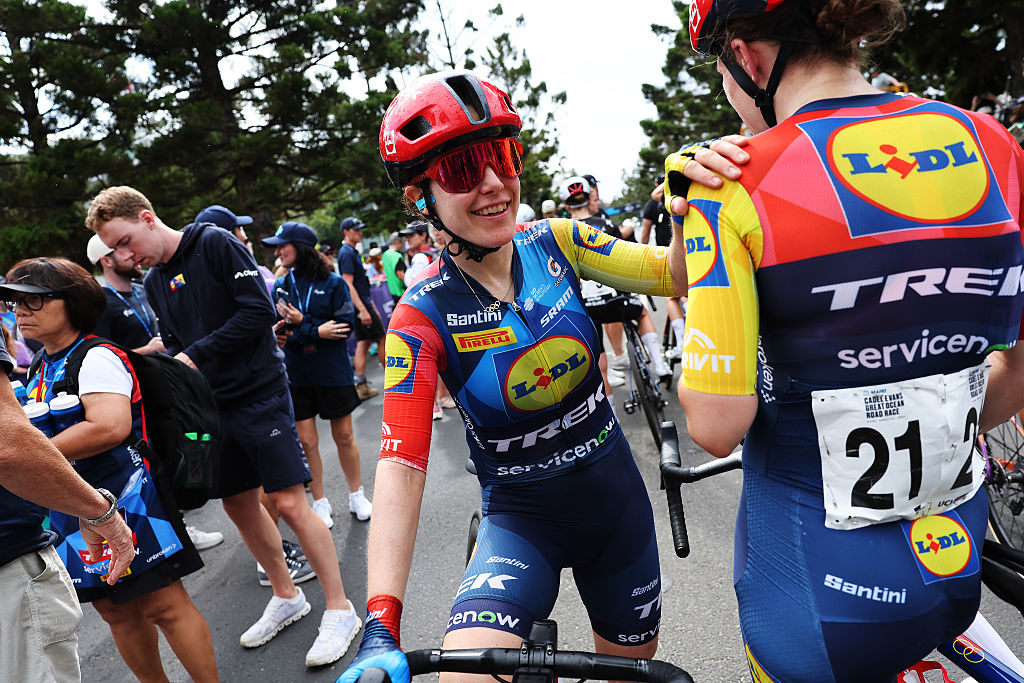Marc Soler, the new sun of Spanish cycling
Profile of Movistar's 2015 Tour de l'Avenir winner
The latest race content, interviews, features, reviews and expert buying guides, direct to your inbox!
You are now subscribed
Your newsletter sign-up was successful
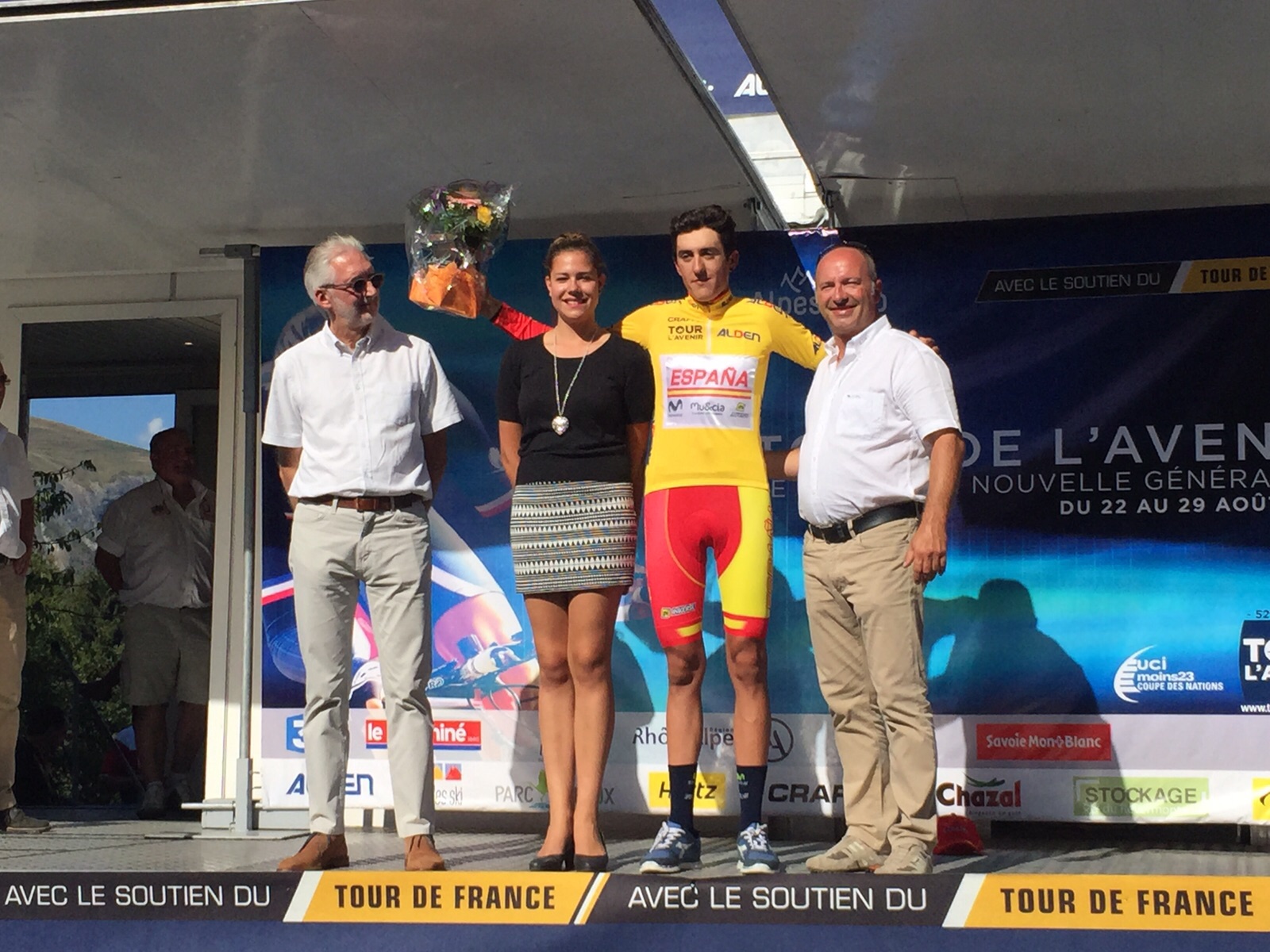
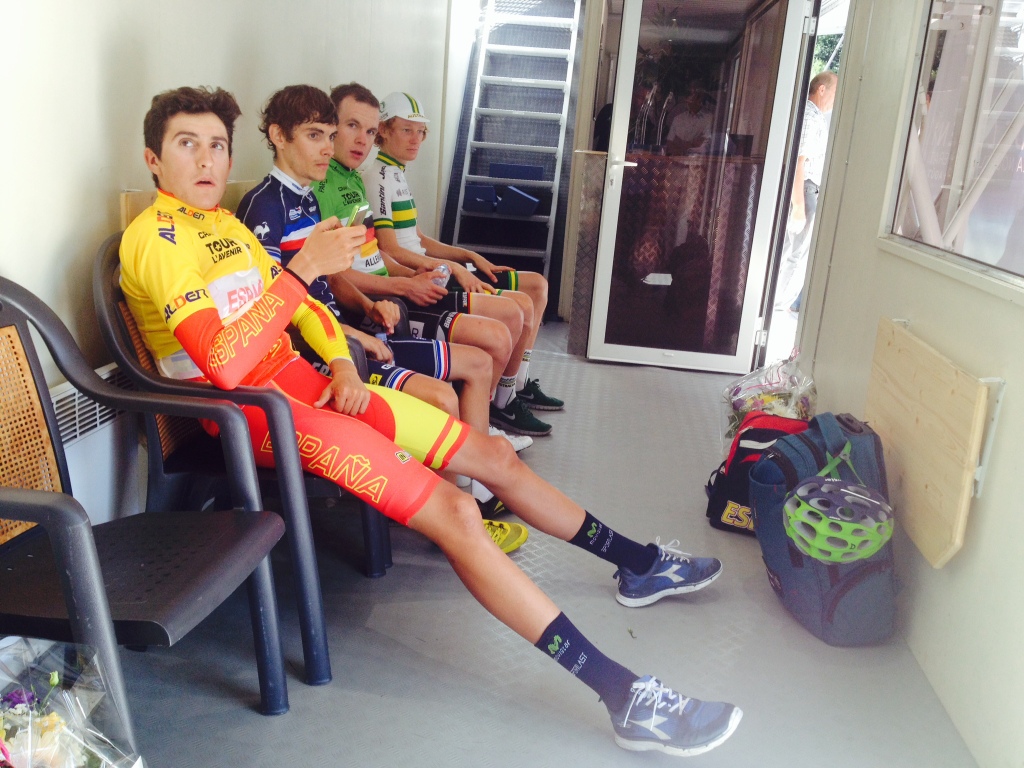
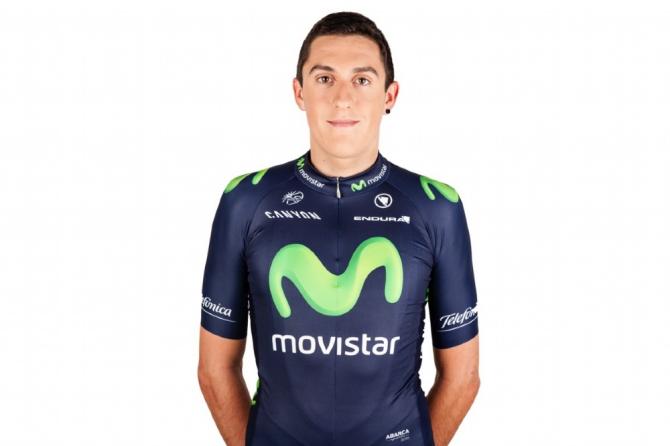
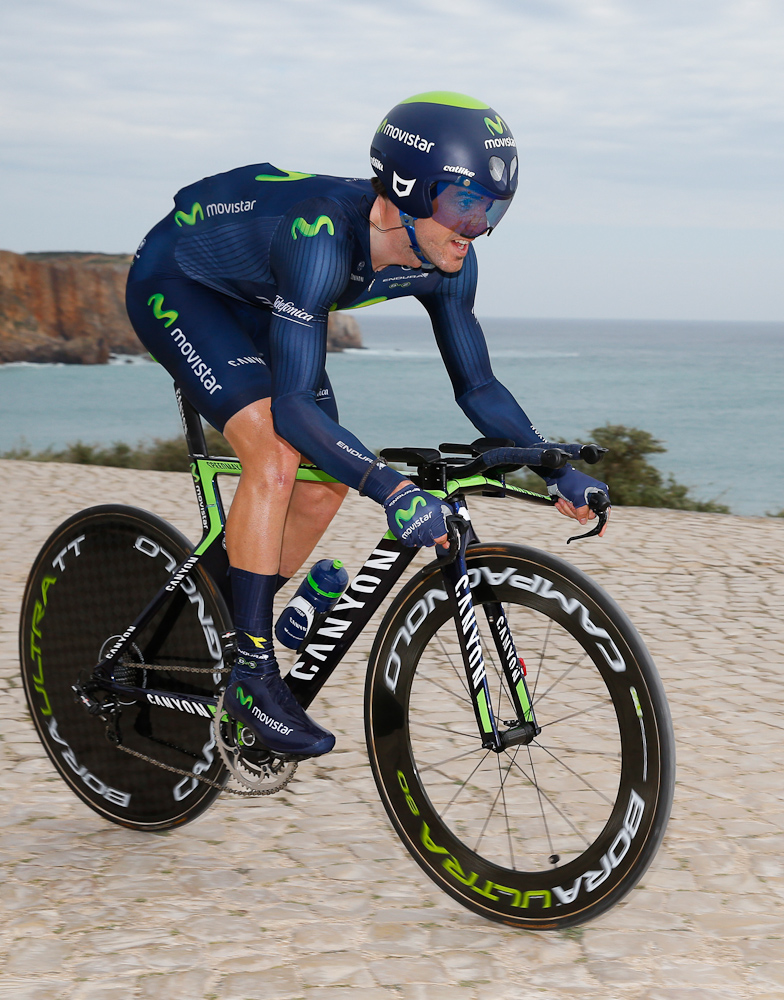
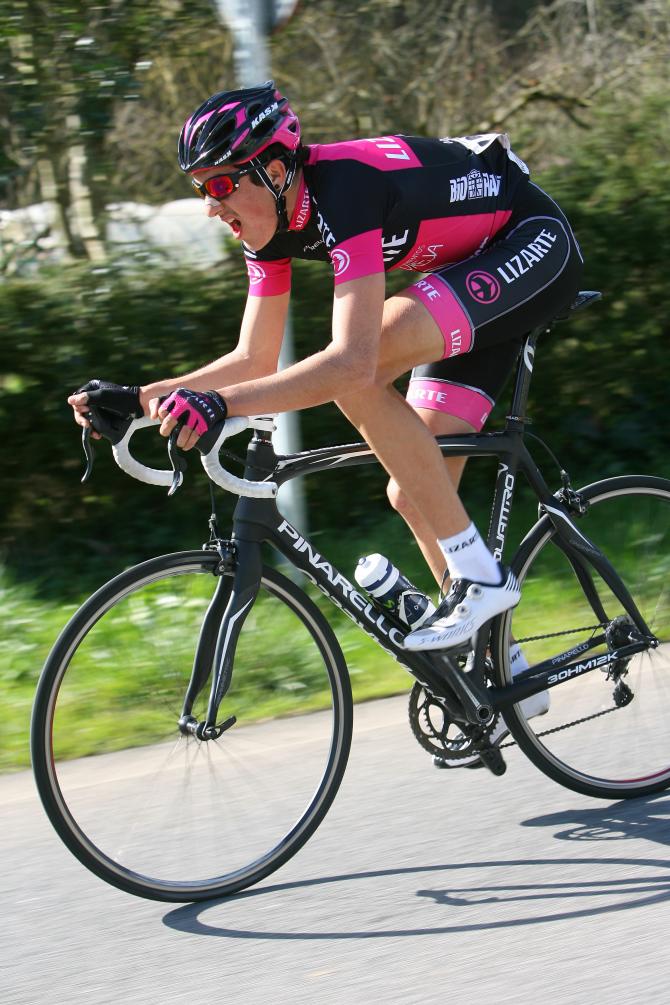
The Tour de l'Avenir is supposed to show the next champions of the Tour de France. The rule has many exceptions, though. Several young riders who crushed the race never did the same in the Grande Boucle and some dull participants of the now-Under 23 event shone later in July.
This is why it's hard to predict the potential of Spain's Marc Soler, 21, who took victory Saturday in the 52nd edition of the Tour de l'Avenir ahead of Australian Jack Haig (Orica-GreenEdge next year) and Russian Matvei Mamykin.
Among his Spanish predecessors, who is the one he could like the most? Miguel Indurain, the 1986 victor and five-times crowned in the Tour de France? Or Ruben Fernandez, who tried his luck in the second division with Caja Rujal after he captured 'L'Avenir' in 2013 before joining Movistar this season?
Spain's national coach, Pascual Momparler, confuses the issue. "Soler is like Wiggins", he tells Cyclingnews.
Bradley Wiggins? The reference comes as a surprise, although Marc Soler, in the same way as the first British winner of the Tour de France, experienced the cobbled races like the U23 of Flanders, a perfect step to become an all-rounder and never got trapped on a Grand Tour. The 2015 'maillot jaune' race included echelons and 'pavé' sections that could break all chances of the pocket climbers.
Both men also have in common a taste for climbs under 8 percent. Saturday, on the final ascent to les Bottières, near la Toussuire (Alps), the Spaniard was suffering and got dropped in the final kilometre, while Matvei Mamykin was playing and launching attacks. "I wasn't sure I could keep the jersey until the last two kilometres maybe," he told Cyclingnews. "Really I thought I was about dying..."
The Tour de l'Avenir's peloton finished completely shredded, after 966km of an intense race, with echelons, crashes, high mountains and hot temperatures, so much that the contenders rode one after one, most without a single teammate, with no real structure of a peloton. "We were like in a sportive or an ironman," describes Frenchman Guillaume Martin, the most aggressive rider of the race. Despite this chaos, Soler was praised as "the strongest" by his fellow riders.
The latest race content, interviews, features, reviews and expert buying guides, direct to your inbox!
A neo-professional at Team Movistar (he was one of the two WorldTour members at the Tour de l'Avenir, alongside Sky's Sebastian Henao), the Spaniard was the most consistent from day one. And he flew over the stage on the penultimate day, with the underrated-but-very-demanding Col de Beau-Plan, near Cluses – a short hill, perfect for him.
A part from his similar type of climbing, Soler is obviously not Wiggins. He has no track cycling background, he doesn't dominate time trials yet ("I can defend myself on the fast if I use my leg speed") and, unlike Wiggins, his abilities for stage races are obvious right from the beginning of his career.
"I would like to develop into a Grand Tour rider and I would love to have a first experience next year," he says. "I think a five-day race is not long enough for me."
Momparler underlines: "One week-races might suit him very well... like Wiggins!"
Last March, Soler earned his first major achievement at the Volta a Catalunya (a seven-day event) when he finished fourth in a sprint against his breakaway companions. This was his first high performance at WorldTour, making some pleasant memories in his home region of Catalogne.
Soler is from Vilanova i la Geltrú, south of Barcelona. He started playing football – besides he is a season ticket holder at the Barca. At 13 he started cycling with the local club.
"I loved the fun and feeling of freedom that cycling gives," he says. "Football was too strict with hours of training. For quite a few time cycling meant rides with friends, whenever we liked."
When he was 17 he signed for a team in Aragon (Huesca) and then in Basque Country (Lizarte). He had accepted cycling was a bit of an ordeal.
"There are certainly more rules and discipline more than in football," he says. "But now I am not a kid anymore and I can accept them."
As he speaks, with his little English, Soler is a calm man, apparently happy to talk but never telling too many words – nothing blunt of colourful like with Wiggins and some others. But this quiet appearance contrasts with his deep mind
"There's one thing that Marc Soler doesn't like: to lose," said the Spanish National Team coach.
At the 2014 Tour de l'Avenir, he finished 52nd overall, conceding 50 minutes to the Colombian winner, Miguel Angel Lopez (now an Astana rider). No one could have said he was going to win the year after.
"I did," says Momparler. "I knew he had the potential. But he attacked in the wrong time, took the wrong decisions. ... This year he is finally racing with his brain!"
Soler prepared to the race in the long hills of Andorra, the home of Joaquim Rodriguez. The Catalan puncheur was one of the first to congratulate Soler on Twitter after the Tour de l'Avenir's triumph: "For those who ask who is the future of cycling... Marc Soler."
Pierre Carrey, the founder and president of DirectVelo, is Cyclingnews' correspondent at the Tour de l'Avenir.
